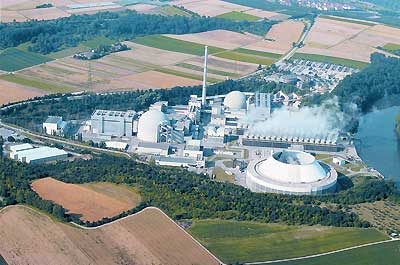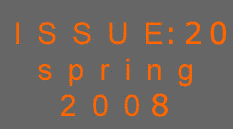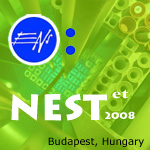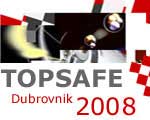

IAEA presents results of OSART Mission: Neckarwestheim Nuclear
Power Plant with top marks
International Atomic Energy Authority (IAEA) measured GKN against
international standards
Neckarwestheim. The International
Energy Agency (IAEA) today presented the results of its OSART
Mission at Neckarwestheim
Nuclear Power Plant (GKN). The independent experts came to the
conclusion that GKN is a very good plant compared to international
standards and shows many features of a strong safety culture.
In addition, GKN has some examples of good practice worthy of
being copied by other nuclear power plants around the world.
The report also acknowledges that findings from the OSART Mission
to Philippsburg have been implemented at the Neckarwestheim plant.
Miroslav Lipar, Head of the Operational Safety
Section at IAEA and in charge of the UN agency's OSART programme,
detailed the results of the mission: "Neckarwestheim is
a very good plant by comparison with IAEA international standards.
Our experts witnessed the good material condition of the plant.
All safety-related equipment, systems and components are well
maintained and regularly tested. Housekeeping standards are very
high, and the plant is clean and tidy. The staff at Neckarwestheim
impressed our experts with their technical competency and qualifications.
They were open and frank with the experts at all times. We also
noted that there is a high level of teamwork at Neckarwestheim.”
Good practices in plant management
Commenting on individual results, Miroslav Lipar
said, "We came across several good practices in plant management.
One example is the cross-divisional safety management system,
which measures, monitors and continuously improves performance
in the major operational processes according to a standardised
assessment method. We found more examples of good practices,
for instance in radiation protection, fuel handling, utilisation
of operational experience, IT security and in training
and qualifications." Relatively few areas were found with
potential for improvement. Miroslav Lipar gave some examples. "We
recommend that GKN should further develop expectations regarding
industrial safety and enforce them in practice. We also suggest
that the plant should introduce a comprehensive system for the
documentation and tracking of low-level events below the reporting
threshhold. Even if the probability of an emergency at GKN due
to technical reasons is extremely low, preventive measures could
still be further improved beyond the standards required by German
regulators. The management at Neckarwestheim has stated clearly
that it intends to work closely on the recommendations and suggestions
and take action for improvement."

Pioneering role for EnBW
Michael Wenk, Chairman of the Management Board
at EnBW Kernkraft GmbH and board member at EnBW Kraftwerke AG,
was pleased to hear the IAEA's assessment. "The results
of the OSART Mission underscore the high quality of management
and safety culture at Neckarwestheim. We wanted to see how we
measure up to the IAEA's very high international standards and
have met off the challenge. EnBW is the only nuclear operator
in Germany whose production sites have all been fully assessed
by IAEA within a few years."
"These results are proof that the cross-divisional
co-operation between our nuclear power plants is working," continued
Wenk. "Neckarwestheim has learned from the experience of
the OSART Mission to Philippsburg. Similarly, the IAEA's present
suggestions will be discussed intensively not only at Neckarwestheim
but at the Philippsburg plant, too. As a result of the OSART
missions, we feel that our principle of continuous improvement
has been proved right, and our determination to push ahead consistently
is great. We will be able to demonstrate this in 2009 when the
IAEA returns to Neckarwestheim for the scheduled follow-up visit“.
The most intensive and transparent form of
power plant assessment
From October 8th to 24th 2007,
an Operational Safety Review Team (OSART) evaluated plant management
at Neckarwestheim
Nuclear Power Plant on the basis of international standards.
The team was made up of 13 experts from outside Germany, all
of whom have many years of practical experience in the nuclear
power industry. The main assessment areas were Management, Organisation
and Administration; Training and Qualification; Op-erations;
Maintenance; Technical Support; Operational Experience; Radiation
Protection; Chemistry; Emergency Preparedness and Planning as
well as Safety Culture.
OSART missions are a service offered by the
International Atomic Energy Agency (IAEA) and are considered
to be the most intensive
and transparent form of assessment for nuclear power plants. At
the same time, they promote the principle of continuous improvement,
which has always been practised by the nuclear power plants within
EnBW. The IAEA is an autonomous scientific and technical organisation
affiliated to the United Nations (UN). Member countries like Germany
can apply to IAEA for an OSART mission. At the request of EnBW
the
German Federal Government made an application for a mission to
Neckarwestheim.
|






